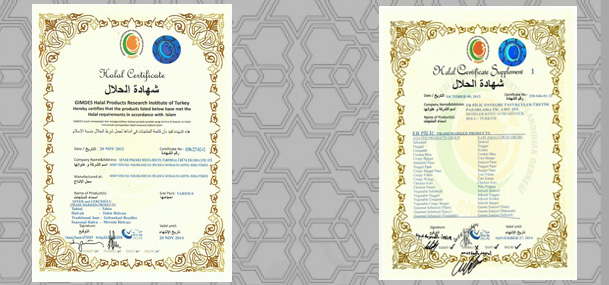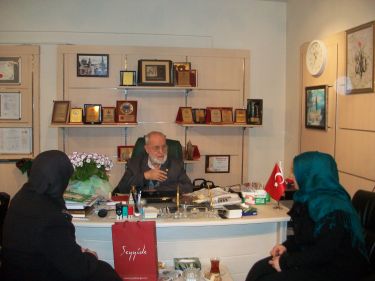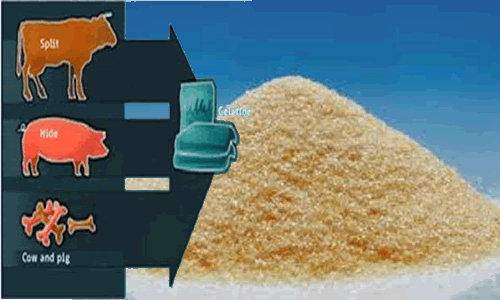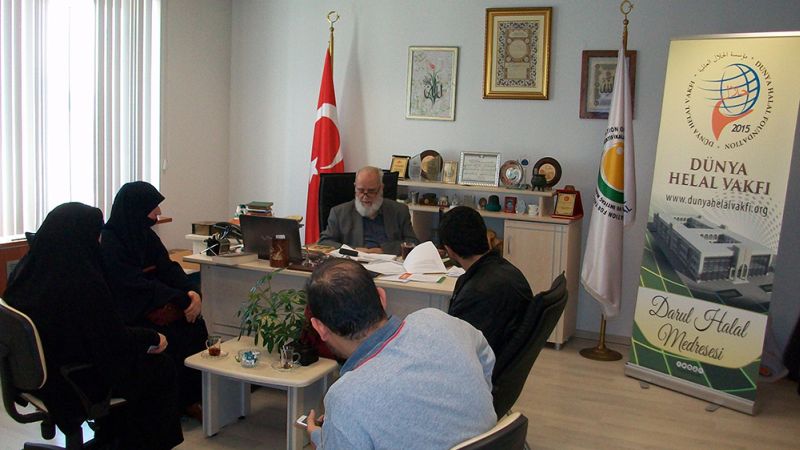Yes or No? Is it compulsory or optional? accept or reject? These are the questions we need to answer.
Not long ago, just 60-70 years ago from today, when we were living based on our traditions, we did not have to worry about halal. Our lives were based on halal. How? Young and old generations would live together side by side in the same house and they would raise their chicken, spices, vegetables in the garden, they would buy meat from local butcher shop who would raise their animal in local farm.
Today’s realities are totally different. Women are no longer in the houses. They are mostly on the run, working, getting education and other social activities. Man and woman have lunch or dinner outside, they cook at home seldom. There are supermarkets staying open for 24 hours. Restaurants are popping out everywhere. Now it became a duty for every Muslim to know a place that they can pray, hijab for Muslimahs to protect themselves from men and places that they know for sure they are serving Halal meal.
With economies connecting globally, more efficiency, more production, more sales became the top most priority. We have now more than 4,000 different additives in our lives. These additives are being used to process, package, protect and make shelve life longer for the products. We can easily find a product in our local market that was produced in another continent. How would that product ship from that far away is beyond our imagination but we can at least know intuitively that this product is protected with many additives to make sure it could last for long time without losing its taste.
After describing our current situation, how can we know the products in our refrigerator is halal and safe? What will we do about those cochineal bugs that are used to produce red color for candies? In one loaf of bread, we see additives that contain pig or human hair in floor, how will we know if the bread that we are consuming has that hairy product or not? Are we going to ask if French fries had animal sourced additive on it? The chocolates that we are craving for, do they contain liquor? The brush used to cover tray or cook bread would contain pig hair?
We can ask tens of questions like these that will take each of us to do extensive research to make sure just the basic products like bread, butter, meat, cheese, chocolate and many other products are not against our deen (religion). As a consumer, we have right to choose but we do not have the right to inspect the way the products were produced, packaged, shipped, delivered and serviced. We cannot go to the production of each and product that we see on our food table every day.
Foundation of non-government organizations like GIMDES and other halal certification organizations is the very questions we asked above. GIMDES was founded in 2005 and made strong alliances with Muslim Organizations all around the world and now have more than 300 certified companies that are producing more than 5000 “Halal and Tayyib” products.
We have a duty and huge responsibility to protect ourselves and our youth against all the attacks and threats of this new world order. Our beloved Prophet Mohammad (peace and blesses be upon him) “There will be a day when people will not worry if the products they consume halal or haram. On that day, their prayers will not be accepted.” (Al Buhari)





